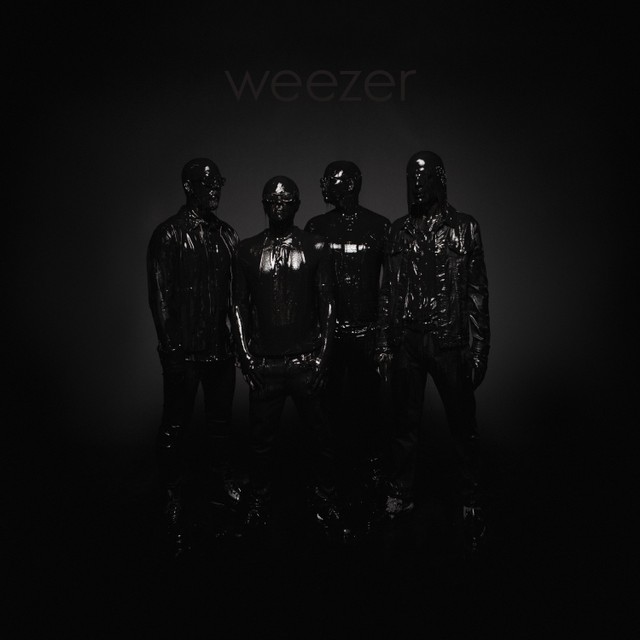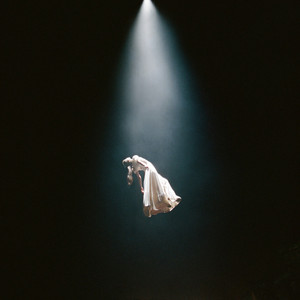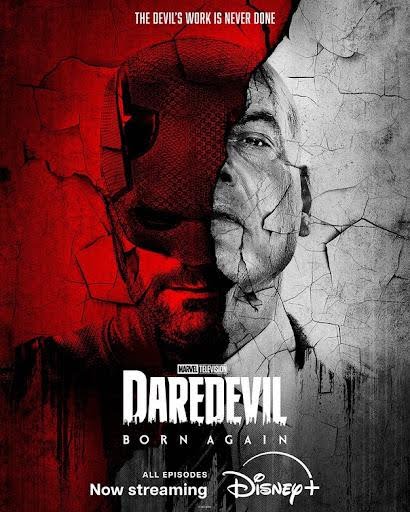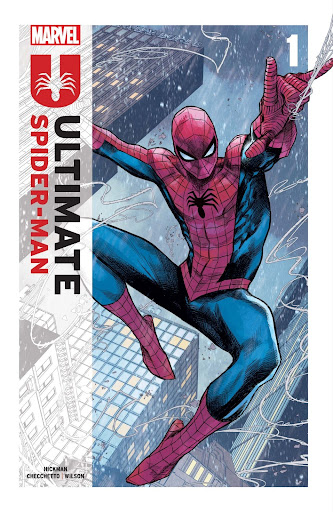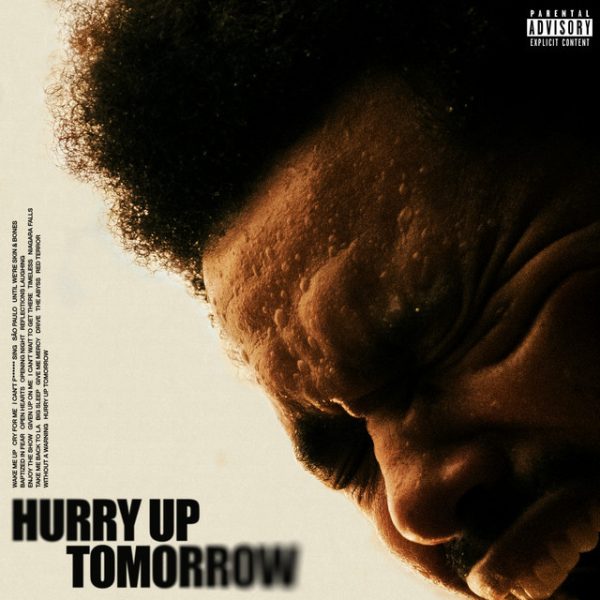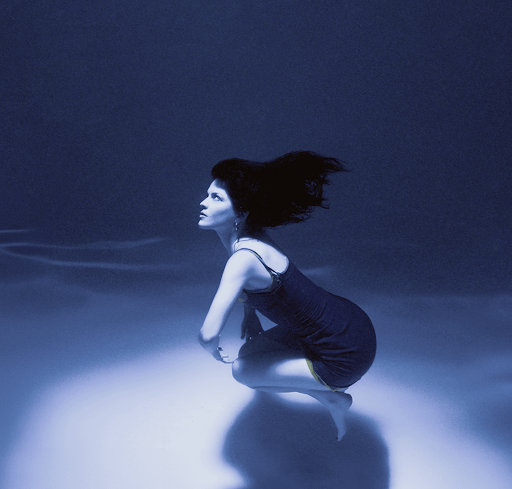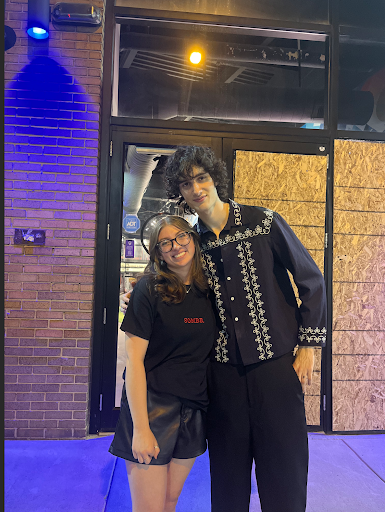Best Beats: A Comenian Playlist
“Mr. Roboto” by Styx (1982)
One of the most beloved bands of the recent past, Styx has a very unique style. Led by the main singer and keyboardist Dennis DeYoung, the band has an incredibly unique sound that combines elements of hard rock, synthesizers, and musical theater elements to create a very unique blend of classic 70s and 80s sounds. One of their best and most well-known songs is a gem from their album “Kilroy Was Here.”
The song “Mr. Roboto” is a classic. Released in 1982, it’s the opening track for the masterful rock opera album “Kilroy Was Here.”
The song opens with a futuristic set of notes and sounds that could have been pulled from Star Wars before the familiar riff of Japanese begins the song with “Domo arigato, Mr. Roboto.” From there, a blend of instruments including guitars, synthesizers, drums, and a keyboard begins the story that opens the entire track. From here, Dennis DeYoung starts his story about who exactly he is, telling the story of an imprisoned future rocker who is behind the mask of a robot to escape his crimes of playing rock music in a world that has banned it. These enigmatic lyrics of a “modern man with a secret who hides behind a mask” are difficult to decipher, but with careful listening one can tease out the story.
After the narrator explains his situation, the familiar chorus begins after a dramatic key change, leaving the narrator to thank his robot mask for providing a disguise for him to escape, of course including a chorus of singers repeating him in Japanese for the iconic chorus. The song then returns to the original beat as the narrator claims that he will remove his mask and show the world his true identity: He’s Kilroy, a crusader for rock and roll.
Following this incredibly compelling track, the rest of the rock album follows Kilroy on his mission to take down the fascist and self-righteous government and bring rock music back to the world.
What the common listener may not know is the very real events that led to the creation of this particular song.
In the 1970s, a popular craze grabbed the world’s attention: backmasking. This particular phenomenon, which is defined as playing a record backwards and revealing a secret message in the song, created the conspiracy theory that Paul McCartney was dead, which became a nationwide story. This story pushed backmasking into the forefront, and anti-rock groups and Christian organizations claimed that rock stars were secretly recording evil subliminal messages in their songs and subconsciously convincing listeners to do horrible, sinful deeds. The Arkansas State Senate even passed a law requiring all record companies to label any album that had backmasking, intended or not, to be labelled before sale and discouraging the purchase of rock music. The particular problem that drove Styx to write this popular album and song after using their music, along with songs by the Beatles, Queen, and other popular bands, as evidence of music that should be banned for backmasking. It’s quite the way to get back at Arkansas, but it gave us quite a hit.
-Elizabeth Horn
“Public Image” by Public Image Ltd. (1978)
Shortly after the intro to Public Image Ltd.’s 1978 debut single, “Public Image,” John Lydon says “Hello” six times before singing any actual lyrics, as if introducing himself to the listeners. Despite this introduction, Lydon was hardly a new voice in the music world.
Just one year earlier, Lydon was known as Johnny Rotten, lead singer of the Sex Pistols. The Sex Pistols, through their public antics and controversial songs, made punk music a cultural phenomenon throughout England. After releasing only one album and a handful of singles, though, Rotten left the group and the Sex Pistols fell apart.
Rotten returned to using his birth name of John Lydon and formed a new group, Public Image Ltd., with former Clash guitarist Keith Levene. Lydon wanted to distance himself from his former punk rock persona, and “Public Image” became the perfect way to accomplish that.
Written while the Sex Pistols were still together, “Public Image” was an outlet for Lydon’s frustrations with being Johnny Rotten. Lydon felt that he had been exploited by not only the British press, but also Sex Pistols manager Malcolm McLaren. He felt like an outsider in the Sex Pistols, describing his time in the band to Melody Maker as a waste of time. McLaren and the rest of the band “never bothered to listen to” what Lydon was singing and just perceived him “as an image”.
Lydon’s frustrations with the Sex Pistols are made clear in “Public Image,” decrying his previous public image and singing about how people “never listened to a word” he said and how he “will not be treated as property.” Lydon then affirms that his public image belongs to him and is his “own creation.”
The lyrics to “Public Image” provide a relevant message in today’s superficial society. We should disavow the images others prescribe to us, because how the public perceives us is our own creation first and foremost. Those public images are the ones that really matter.
–Nathaniel Rhoads
Does Weezer Look Good in Black?: A Review of “The Black Album” (2019)
Weezer has an uneven track record when it comes to their discography. The band’s first two records, their 1994 self-titled debut and 1996’s “Pinkerton,” are universally acclaimed. Depending on who you ask, though, every album since then has either been good, average, or horrible.
In my opinion, the quality of each album is more nuanced than those three simple categories. And nowhere is that more apparent than on Weezer’s most recent self-titled release, nicknamed “The Black Album.”
“The Black Album” was placed in the fanbase’s consciousness after the release of 2016’s “White Album.” Soon after the release of “The White Album,” Weezer frontman Rivers Cuomo hinted at another album in an interview with DIY, saying it would tackle “more mature topics” and “be rated R” if it was a film. Fans waited through several false release dates and 2017’s disappointing “Pacific Daydream” before learning that the album would officially be released March 1, 2019.
Upon first listening the morning of March 1, I realized that “The Black Album” fell victim to my expectations. The “more mature concepts” Cuomo referenced made me think this album would hearken back to the self-loathing lyrics and harsh sound of “Pinkerton.” “The Black Album” doesn’t do that. However, I listened to the album again and tried to keep myself from comparing it to Weezer’s amazing early albums.
Looking at it in isolation from the other albums and the expectations placed on it, I feel “The Black Album” actually doesn’t disappoint as much as it could have. Unfortunately, it doesn’t soar as high as it could have, either.
The album starts off strong enough with three standout tracks: “Can’t Knock the Hustle,” “Zombie Bastards,” and “High as a Kite.” “Can’t Knock the Hustle” is a bit of a curveball, starting with Spanish lyrics before Cuomo comes in seeming to rap and cursing (up until now a taboo in Weezer lyrics) before the first chorus. My initial thoughts of “What is going on?” were soon replaced with a sense of enjoyment. The track sports a good beat and some creative lyrics, such as “Higher education is the key to escape / But I never learned to roll a joint,” a personal favorite.
“Zombie Bastards” and “High as a Kite” keep up the quality, with the former featuring a repetitive, but catchy, keyboard part and a possible lyrical attack on the fans who pine for only the Weezer of the 1990s. “High as a Kite,” the highlight of the album in my opinion, comes the closest to an introspective, emotional song. It helps that the song had a “Mr. Rogers’ Neighborhood”-inspired music video as well.
The sixth track, “I’m Just Being Honest” is another good track, with humorous lyrics describing the narrator’s negative feelings on everything from a friend’s band to their bad haircut. Fans who want to read into the lyrics can glean Cuomo’s hesitation to record another deeply personal album like “Pinkerton” from the use of “I should’ve never opened up” in the song’s lyrics.
The rest of the tracks are not bad but average and somewhat forgettable compared to those four standout tracks. As previously said, Cuomo emotes the most in “High as a Kite.” In several songs, he sounds nowhere near as emotional and at times even disinterested.
However, I do find something enjoyable in each song, whether it’s the lyrics or the instrumentation of a certain song section. The weakest of the four tracks to come out shortly before the album’s release, “Living in LA,” still demonstrates Cuomo’s ability to write a catchy modern pop song. “Piece of Cake” made me chuckle with its opening line of “Let’s do hard drugs” set against a backdrop of gentle music. “Byzantine” has a surprisingly happy-sounding chorus. Even in what I consider the worst track, “California Snow,” I appreciate the emotional, sad-sounding bridge and soaring chorus in an otherwise overly-produced electronic-pop song that reminds me too much of “Pacific Daydream.”
While I will admit that I am disappointed with “The Black Album,” I also appreciate the fact that I could tell Weezer was doing something they genuinely wanted to do instead of simply chasing trends. The expectations placed on it certainly hurt “The Black Album,” and it in no way hearkens back to the Weezer of old, as some were expecting.
As I said before, “The Black Album” is not as good as I hoped it would be, but it isn’t as bad as it could have been either. However, it does showcase some interesting directions the band could pursue and develop in future, and perhaps more improved, albums.
–Nathaniel Rhoads


